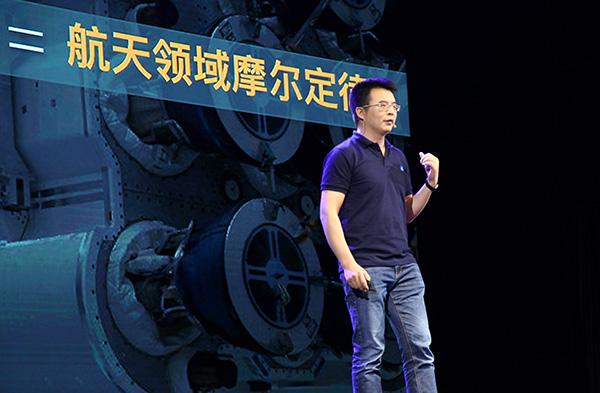Artificial Intelligence Ethics And Governance Standards Are Accelerating Their Implementation
Artificial Intelligence Ethics And Governance Standards Are Accelerating Their Implementation
Artificial intelligence ethics and governance standards are accelerating their implementation

Introduction
The rapid development of the artificial intelligence industry has made its ethical and governance issues attract much attention from all walks of life. Li Renhan, member of the National New Generation Artificial Intelligence Governance Professional Committee and Chief Advisory Professor of the Artificial Intelligence Research Institute of Shanghai Jiaotong University, said at the "Artificial Intelligence Ethics, Governance and Sustainable Development Forum" of the Beijing Zhiyuan Conference that the future development of artificial intelligence technology is booming, and the artificial intelligence standards formulated by relevant international organizations have entered a boom period, and international artificial intelligence governance work is accelerating operationalization.
"At present, it is more urgent for China to establish corresponding operational 'rules', which is not only conducive to the sustainable development of artificial intelligence, but also conducive to international alignment and global development." Li Renhan believes that building an artificial intelligence evaluation platform will help the implementation of artificial intelligence governance and is one of the important infrastructures for the future development of artificial intelligence. To this end, we need to plan as soon as possible, and a "three-step" strategy for artificial intelligence governance should be formed, that is, to be operational in terms of security; in terms of ethics, soft measures should be turned into rigid measures to promote implementation; and forward-looking research on issues of uncontrollable and mutated.
At the meeting, many experts pointed out that artificial intelligence technology has caused ethical problems such as privacy violations and discrimination in its application. It is urgent to establish a new governance model, further improve the relevant governance system, and promote the promulgation and implementation of laws, regulations, standards and specifications. At the same time, ethical education should be strengthened and ethical awareness should be improved for the whole people.
Liang Zheng, professor at the School of Public Administration of Tsinghua University and vice president of the Institute of International Governance of Artificial Intelligence, pointed out that forming a consensus on artificial intelligence ethics and governance is the primary issue at the moment, otherwise it will hinder its development. He introduced that more than 160 countries around the world have issued ethical principles or guidelines for artificial intelligence, including guidelines and initiatives issued by governments of various countries, G20 and international organizations such as the EU.
Zhao Zhiyun, Party Secretary and Director of the China Institute of Science and Technology Information of the Ministry of Science and Technology, introduced that in terms of establishing an organizational promotion mechanism, China has established the Office for the Promotion of the Development Plan of the New Generation Artificial Intelligence, the National New Generation Artificial Intelligence Governance Professional Committee, etc.; in terms of governance implementation documents, it has successively issued policy documents such as "Principles of the New Generation Artificial Intelligence Governance" and "Ethical Specifications for the New Generation Artificial Intelligence". The Artificial Intelligence Branch of the National Science and Technology Ethics Committee is also studying and drafting a list of high-risk artificial intelligence ethics.

(Click the above ↑↑↑ Image Download Subscription Receipt)

(Click on the above ↑↑↑ pictures to start submission)
- FOR -





